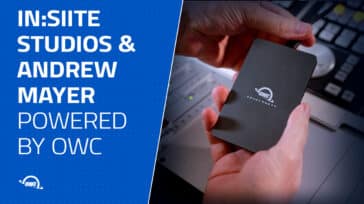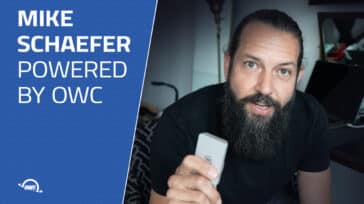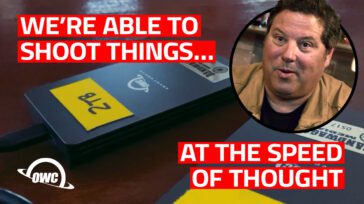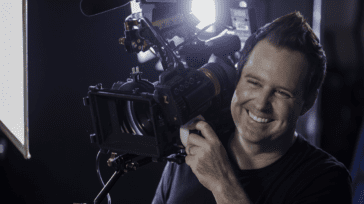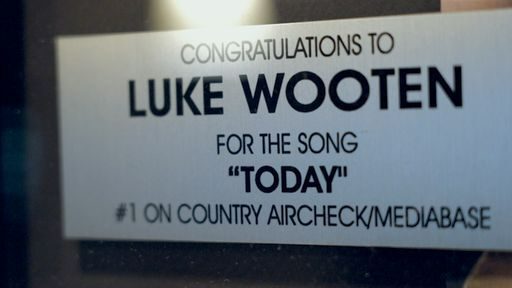
Country music’s finest artists—both old and new, continue to flourish—thanks to Grammy Award-winning engineer and producer, Luke Wooten. Luke is the owner of Station West, a three-room recording studio in Nashville, TN.
The full-service studio houses a tracking room with isolation booths for recording, an overdub booth with audio mixing capability and absorption panels, and an editing suite for digital editing and mixing.
Founded in 1998, Station West has been serving top songwriters and producers in Nashville for over two decades. Through the years, Luke has earned dozens of awards working with artists such as Brad Paisley, Dierks Bentley, Dustin Lynch, and The SteelDrivers. “I have been really fortunate to have so many awesome artists come through here. It definitely doesn’t feel like work,” said Luke.
Inspiring young artists
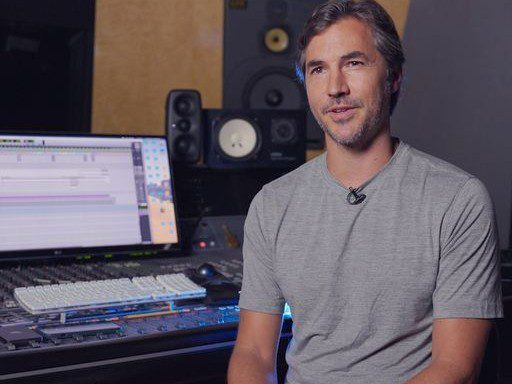
In 2018, Luke launched Warehouse West Entertainment, an independent artist development, music publishing, and management company—home to artists: Mitch Rossell, TracieLynn, and Alana Springsteen. Warehouse West was started in order to find young artists, help them achieve their sound, and hopefully, be a launching board for a major label.
Luke’s mission is to find out what voice the artists are trying to get out there, and what sound they are trying to convey. His goal? To capture what’s inside the artists’ heads and translate that into what’s coming out of the speakers. His passion is most certainly paying off—in just a few years, the artists are already at 50 million streams, and their careers are all taking off in their own ways.
There’s something about the energy of an artist when they’re just launching—it’s infectious. And that’s always the goal… to try to help the artist.
Luke Wooten
The icing on the cake
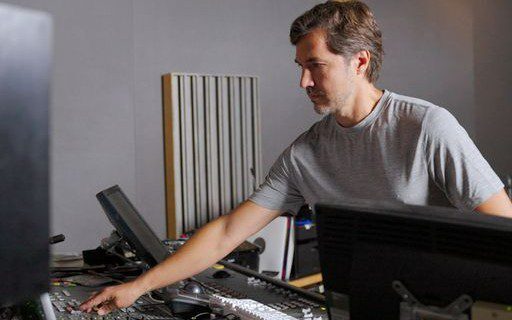
All of the hard work in the studio comes together when the individual tracks are balanced to create a final master recording. And to Luke, that’s his favorite part of the process. “There are so many hours of work that go into making a record, but the mixing is the ‘icing,’—the part where you get to share the music,” said Wooten.
The mixing process has changed quite a bit over the years. In fact, when Luke first started in 1998, half of the sessions were cut on 2-inch tape, and the other half were cut on RADAR II. Within just about 5-6 years, everything moved into Pro Tools.
“Instead of calling and getting a couple of rolls of tape for your session the next day, you needed to make sure there was enough hard drive space, and that you had everything backed up properly,” said Luke.
The OWC storage difference
Luke told us that he uses OWC storage for literally everything that he does in the studio. He records to Solid State Drives, which are great if your Mac is running out of storage, and you need more internal space. With an SSD upgrade, you can increase the storage of nearly any Mac, and you will see an upgrade in overall performance.
He also has a series of ThunderBay RAID enclosures with additional drive bays for external storage.
Whenever he takes something to another studio, he puts it on an external Envoy Pro FX portable SSD. The Envoy provides stellar performance and is the first of its kind universal Thunderbolt drive to work via USB-C and USB-A.

OWC is kind of our modern tape machine. Whether it’s the hard drives or the chassis or with all of the different connections you have to make, OWC is kind of the brains of the whole operation.
—Luke Wooten
Currently, Luke is working on a record with Brad Paisley, who has the identical setup in his studio with OWC RAIDs and SSDs. This makes it easy for him to bring files back and forth from his place to Station West.
OWC Thunderbolt Dock
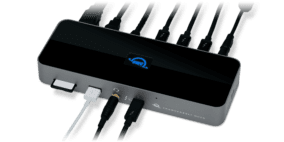
The interface that Luke uses to connect all of his drives is the Thunderbolt Dock, which allows him to travel with either Thunderbolt drives or USB drives. “You can have more terabytes than you would ever need to be hooked up at the same time in order to do transfers and create extra backups. That’s the main hub for all of the information coming in and out,” said Wooten.
When transferring from an SSD to an external SSD through the Thunderbolt Dock, you are able to drag and drop—and even if the file size is up to 20 gigs, the transfer can be done in just a matter of seconds.
OWC RAM upgrades
In both of Luke’s studios, he has maxed out the RAM using OWC’s RAM upgrades. When he uses ProTools and sets the buffer size, he can have the entire project in RAM—making the workflow much faster.
Efficiency in recording
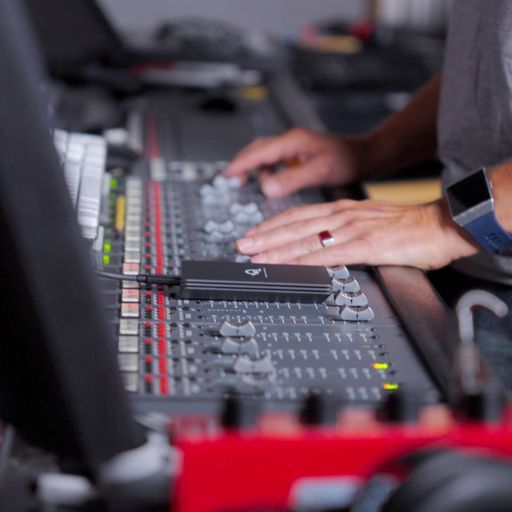
The evolving technology in the recording industry has without a doubt made things much more efficient. “I feel like we can get faster mixes, crazier sounds, and things that wouldn’t have even been possible 10 or 15 years ago,” said Luke. “You can try a new plug-in or try a reverb trick that you wouldn’t have thought of, or even had time to think of because you were waiting on something to back up or rewind.”
Any time you’re able to decrease the time when you’re doing something monotonous like audio transfer, it’s inherently going to give you more time to be creative. That is an exciting part of modern music—when you can use these new tools as an extra form of creativity.
—Luke Wooten





